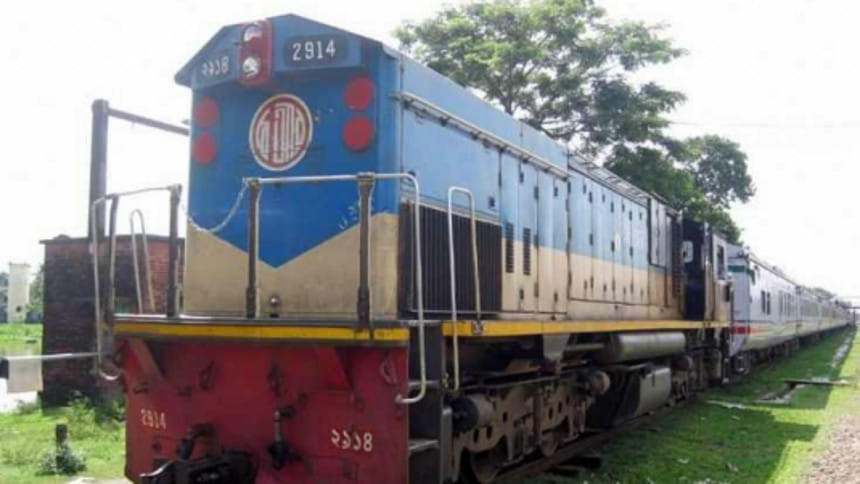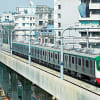Railway Accidents: 209 killed in last 6 months

Poor maintenance of level crossings and railway bridges by the authorities, among other issues, contributed to the rise in rail accidents that claimed 209 lives across the country in the last six months, says a report of a journalists’ platform.
Shipping and Communication Reporters Forum (SCRF) prepared the report based on news published in 22 national dailies, 10 regional newspapers and eight online news portals and news agencies, said a press release issued on Wednesday.
Between January 1 and June 30 this year, at least 202 rail accidents happened, the report said. Of the victims, 47 were women and 21 children. Besides, 146 others were injured.
The SCRF identified five major reasons behind the rise in rail accidents -- use of mobile phones by pedestrians while crossing rail lines, lack of pedestrians’ awareness, negligence of railway employees, poor maintenance of level crossings, and poor maintenance of rail lines and bridges.
According to the report, 46 accidents took place in February alone, in which 43 people were killed and 22 others wounded.
One of the most fatal accidents was on June 23 when five people were killed and 67 others hurt as six carriages of Dhaka-bound “Upaban Express” from Sylhet went off lines at Baramchal in Moulvibazar’s Kulaura upazila.
Quoting media reports, SCRF President Ashis Kumar Dey said at least 13 rail bridges with “Dead Stop” signs are being used over 179km on Sylhet-Akhaura route, leaving thousands of passengers vulnerable to accidents.
The authorities have already put up “Dead Stop” signs at rail bridges instructing trains to stop first before crossing it and then run at a speed of only five km per hour, he added.
Earlier an AFP report on June 27, quoting rail police said at least 535 people were killed since 2010 after being hit by trains while wearing headphones on the rail lines in and around Dhaka.
The mostly unfenced railways of the South Asian country are notoriously dangerous, with around 1,000 fatal accidents or suicides every year, the report added.

 For all latest news, follow The Daily Star's Google News channel.
For all latest news, follow The Daily Star's Google News channel. 








Comments